
Seed-Funded Projects
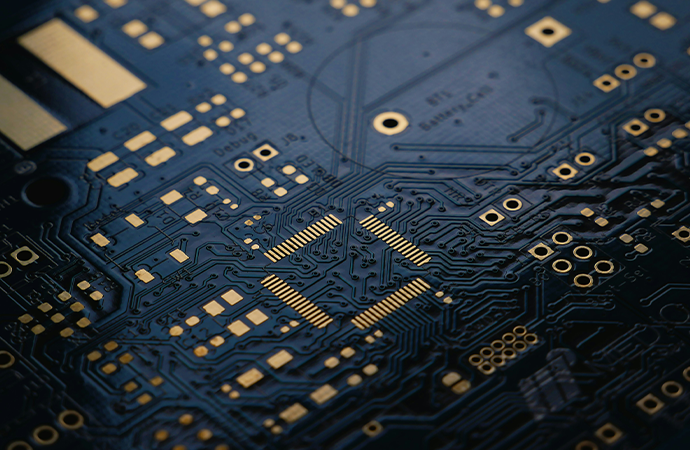
AI + Science
Developing Artificial Curiosity Algorithms
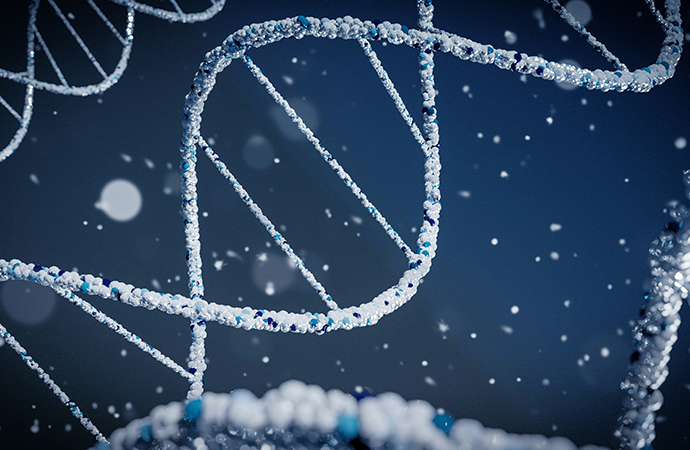
AI + Science
Discovering the Design Rules Linking Protein Sequence to Function
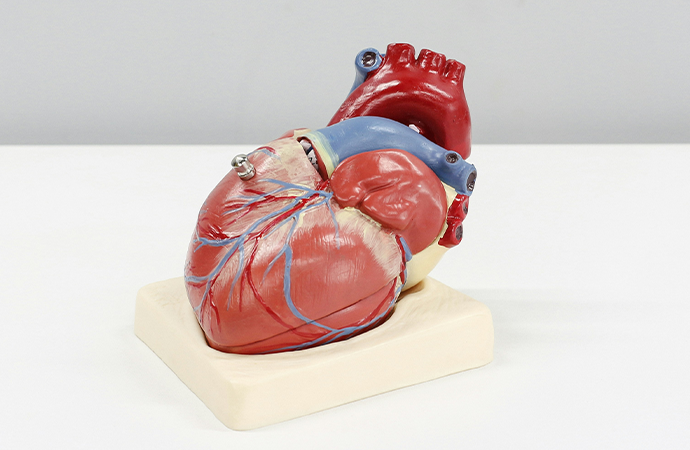
AI + Science
Machine Learning Models for Predicting Heart Disease Progression
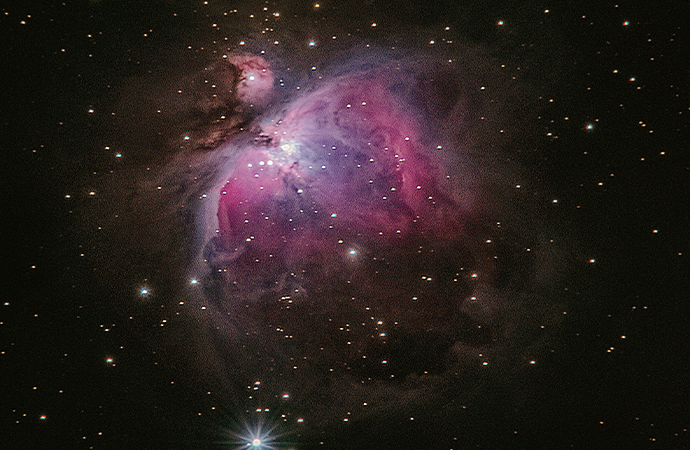
AI + Science
Building Cyberinfrastructure for Rare-Event Searches

AI + Science
Using Field-Effect Transistor Array to Monitor Water Quality

AI + Science
On-Chip Machine Learning for intelligent Pixel Detectors

AI + Science
Improving Batteries to Combat Climate Change
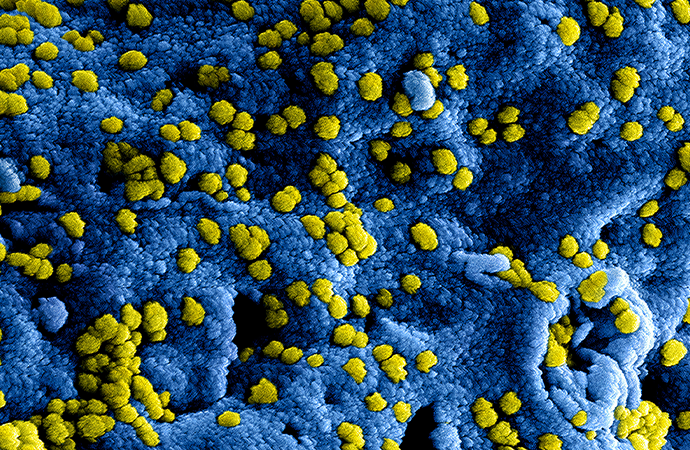
AI + Science
Automating Electron Microscopy with AI
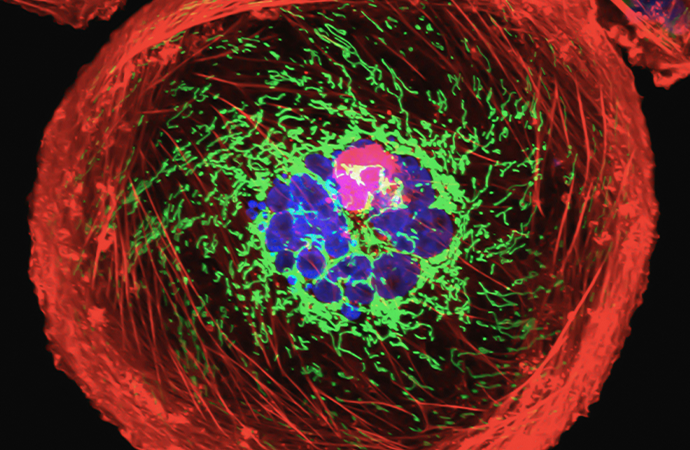
AI + Science
Improving Prediction of Breast Cancer Patient Response to Therapy
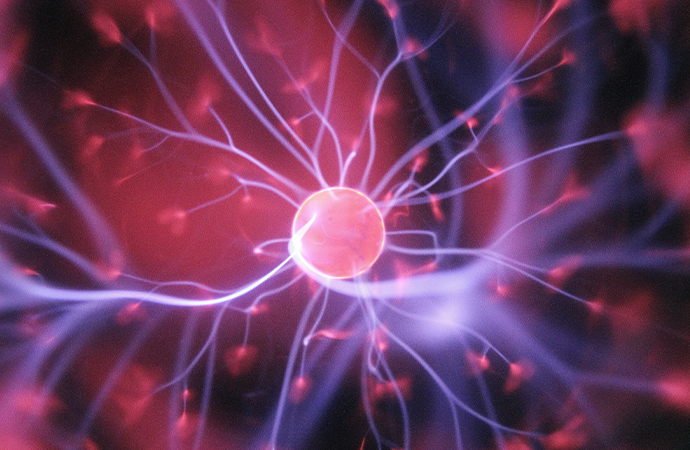
AI + Science
Predicting Material Properties

Data & Democracy
Facebook Messenger Chatbot for Surveys and Intervention Testing
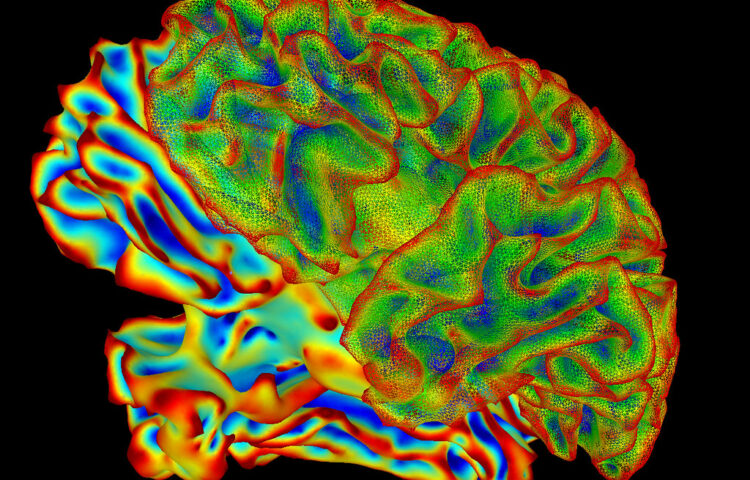
Data & Democracy
Understanding Divergent Interpretations of Political Information

Data & Democracy
Understanding and Auditing Content Moderation Policies
Data & Democracy
Partisan Polarization and Political Dysfunction
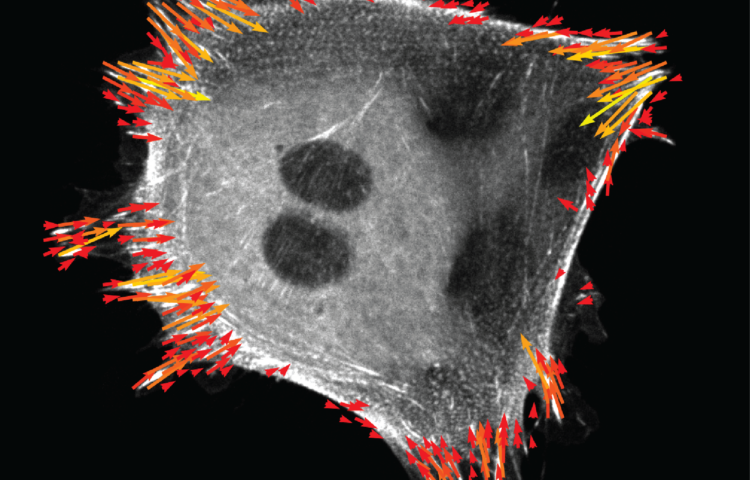
AI + Science
Examining The Mystery of How Living Organisms Develop
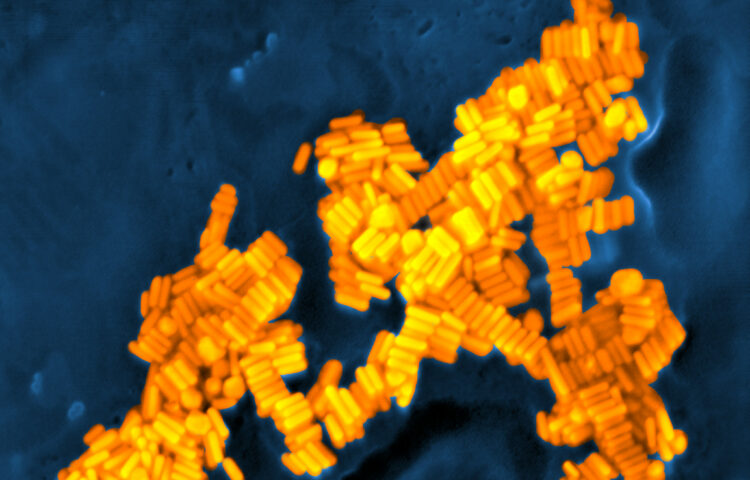
AI + Science
Advancing Molecular Measurement with Machine Learning
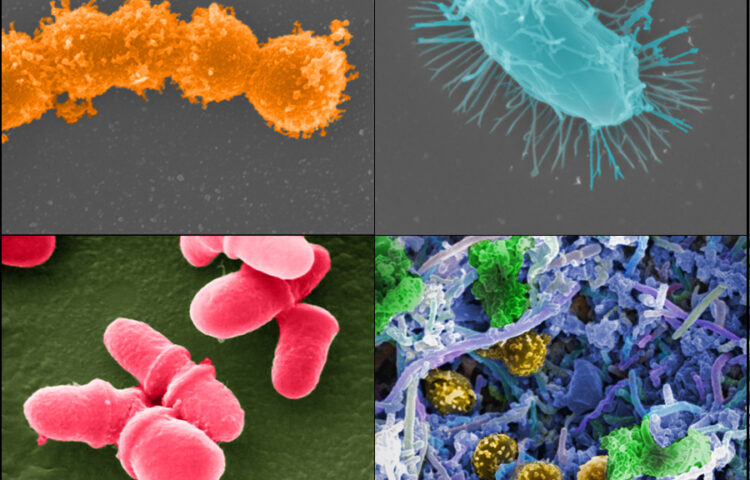
AI + Science
Creating Microbiomes That Improve Human and Environmental Health
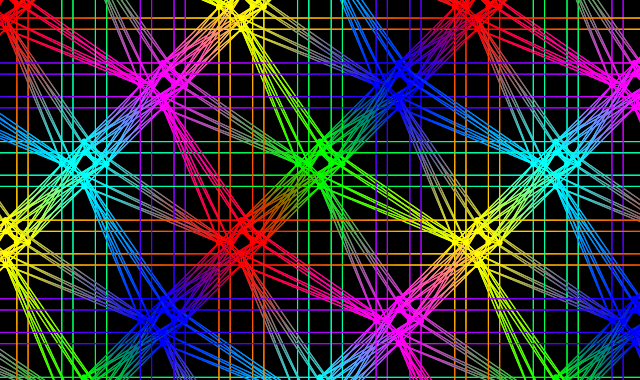
Internet Equity
Interconnection Measurement Project
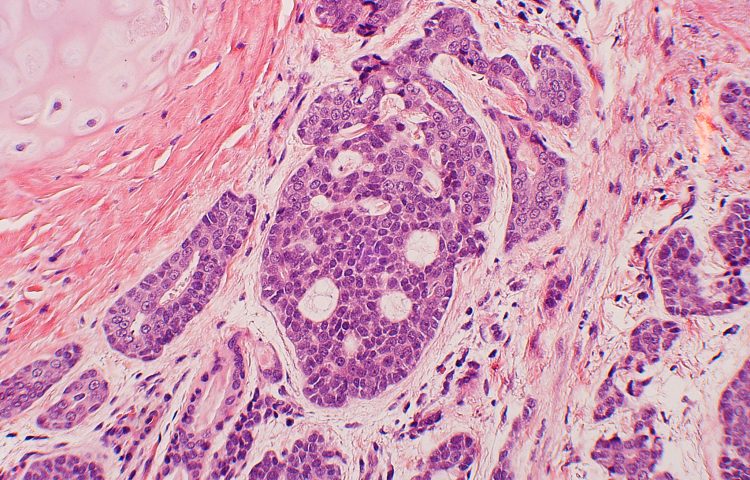
Discovery Challenge
Machine Learning to Improve Targeted Cancer Therapy

Discovery Challenge
Advancing the Sociome For Social and Health Equity
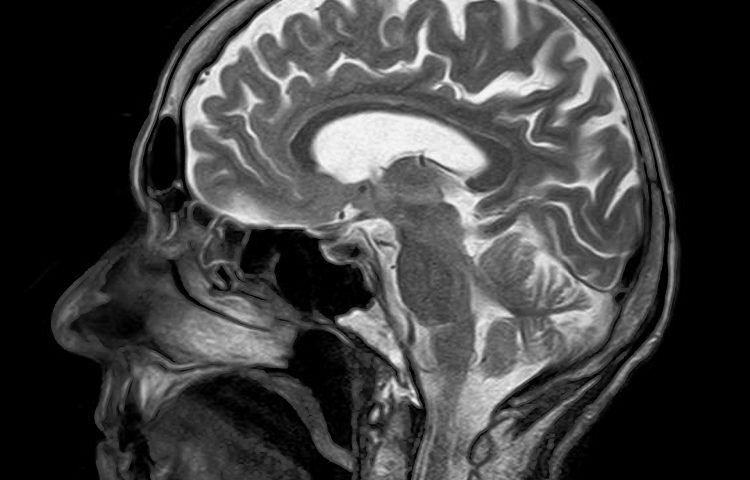
Discovery Challenge
AI-Driven Tutorials for Radiology Student Training
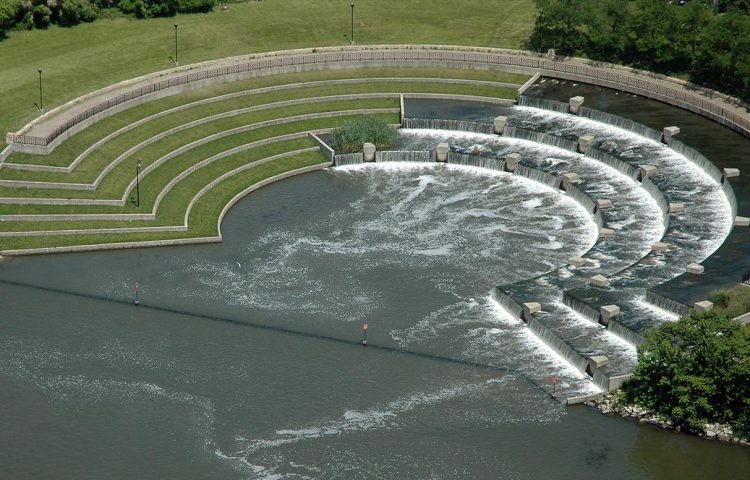
Discovery Challenge
AI-Assisted Molecular Engineering to Detect and Remove Water Contaminants
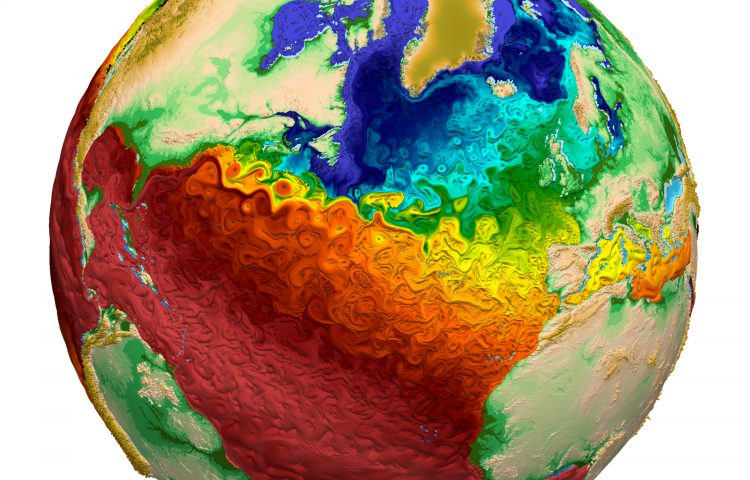
AI + Science
Learned Emulators of Physics Simulations
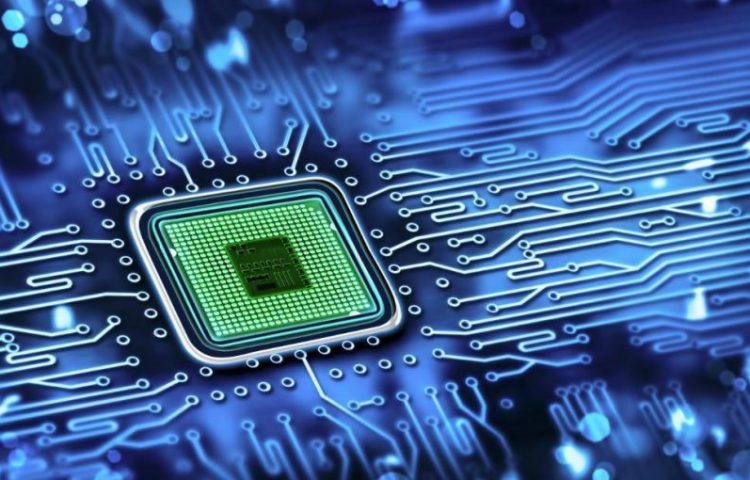
AI + Science
Real-Time Adaptive Deep Learning for Discovery Science

AI + Science
Artificially Intelligent Electrochemistry
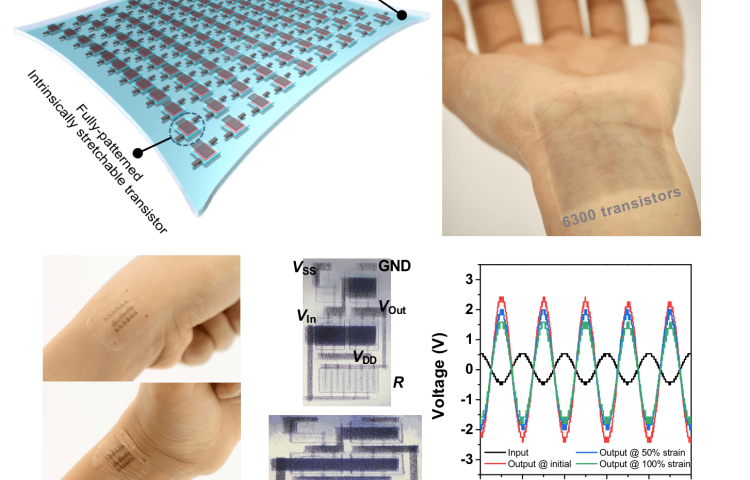
Project
Health Monitoring Based on Wearable Sweat Sensors
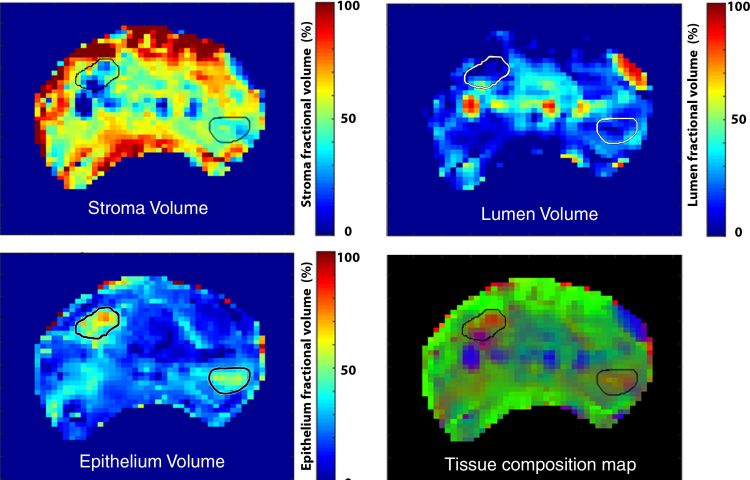
Project
Automated Prostate Cancer Detection Using MRI and Deep Learning
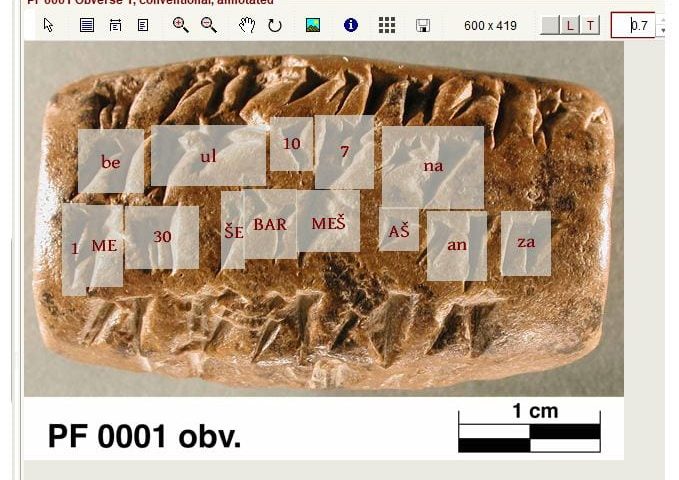
Discovery Grant
Deciphering Cuneiform with Artificial Intelligence

Discovery Grant
Measuring Messages About Race and Gender in Children’s Books
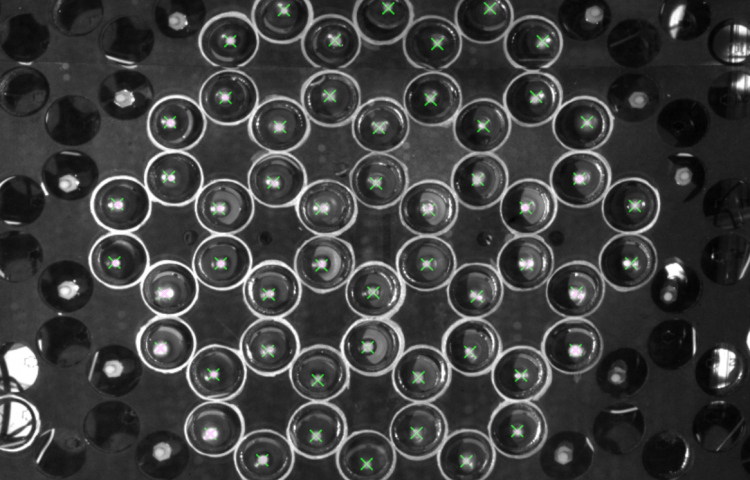
Project
Learning How To Measure Scientific Images
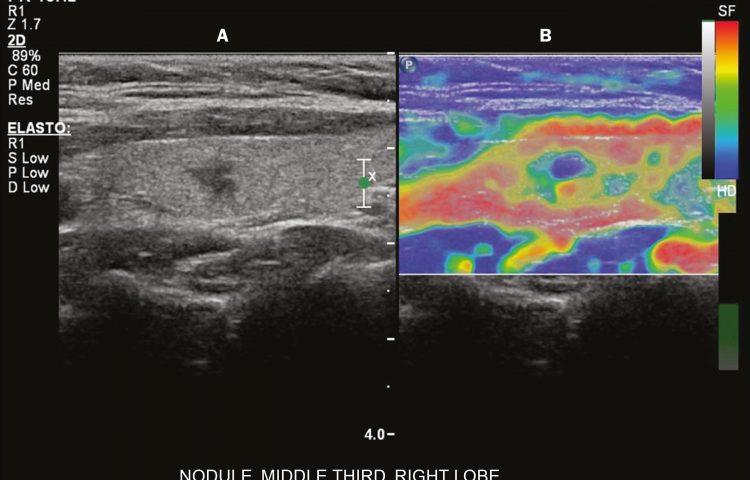
Project
Computer-Assisted Diagnosis of Indeterminate Thyroid Lesions
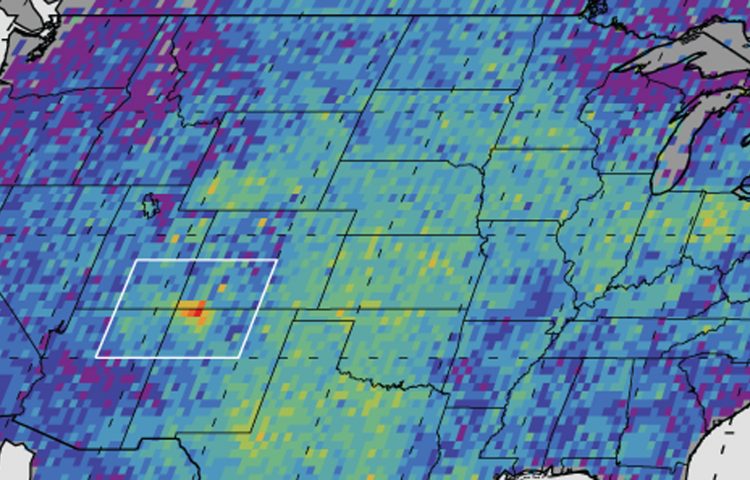
Project
Machine Learning and Satellite Imaging to Reduce Methane Emissions
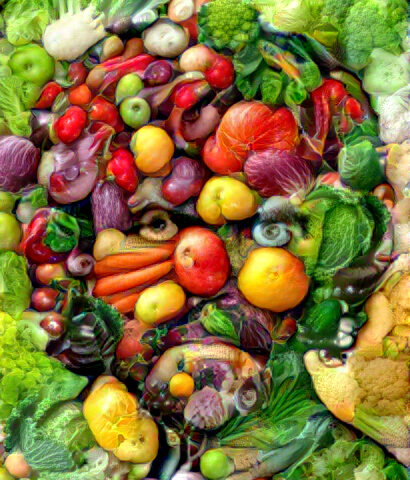
Discovery Grant
Disentangling Visual Style and Content
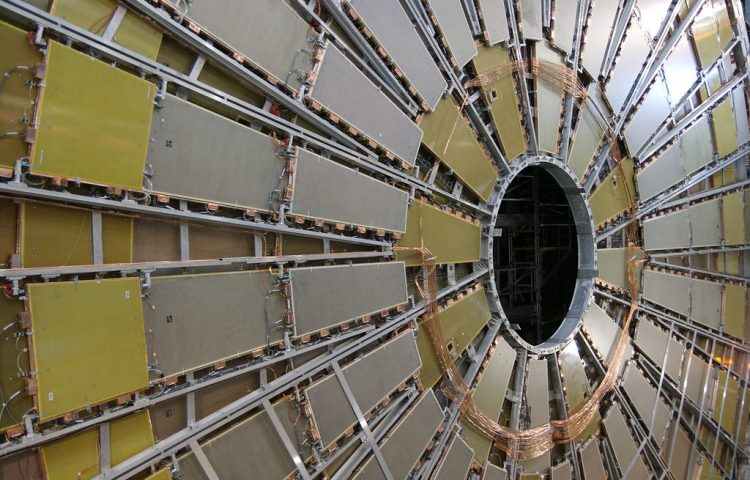
Discovery Grant
A Data-Driven Trigger System for the Large Hadron Collider
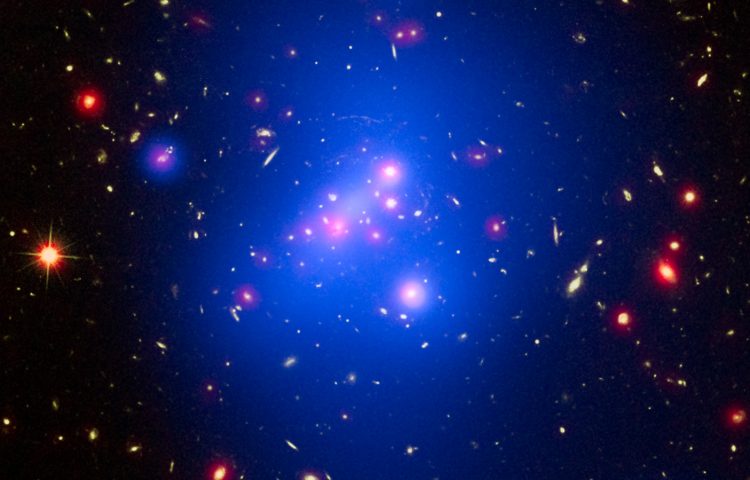
AI + Science
Automated Experimental Design for Cosmic Discovery

AI + Science
Is Climate Change Changing Clouds?
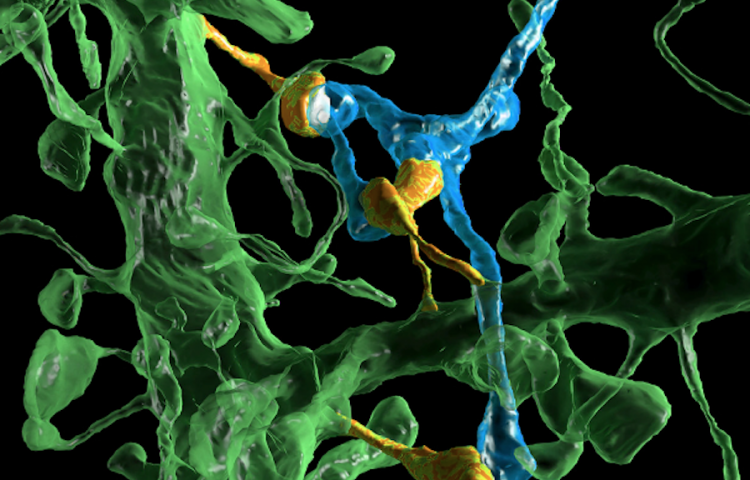
AI + Science
Neural Network Algorithms to Decode the Octopus Neural Network
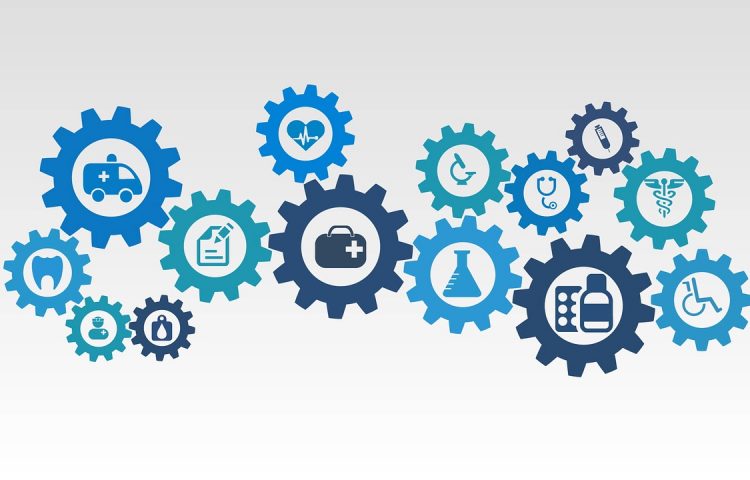
Project
Clinical Behavior Analysis via Unsupervised Learning
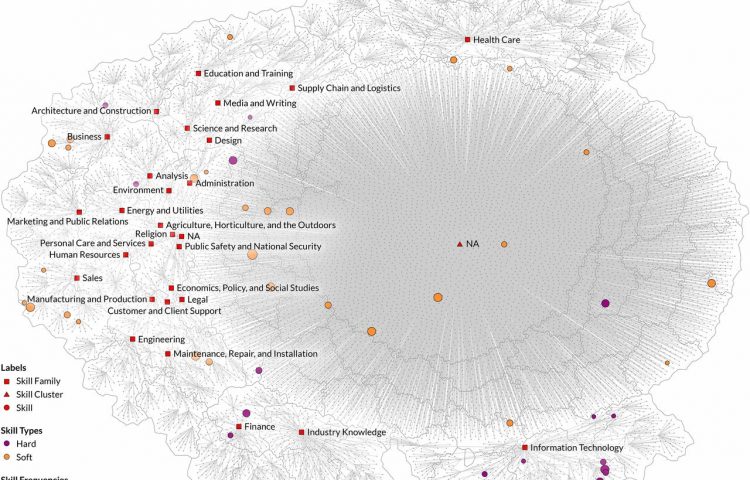
Project
Identifying Optimal Skill and Relationship Mixtures
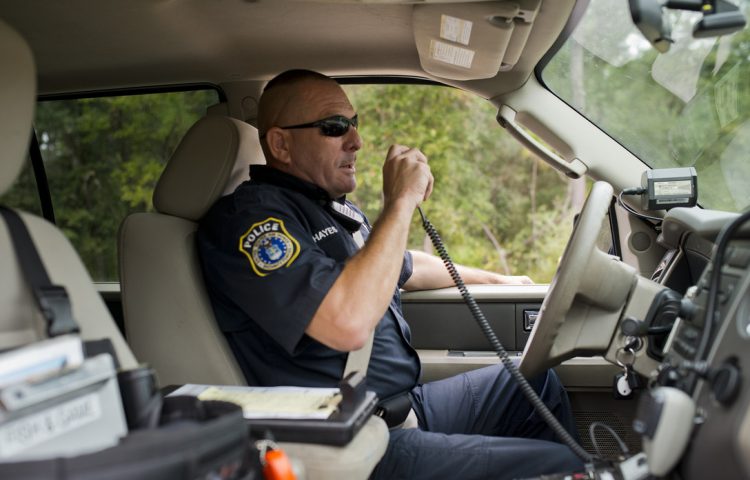
Project
A Data Processing Pipeline for Police Communications

Project
Racial Inequality in Financial Resilience
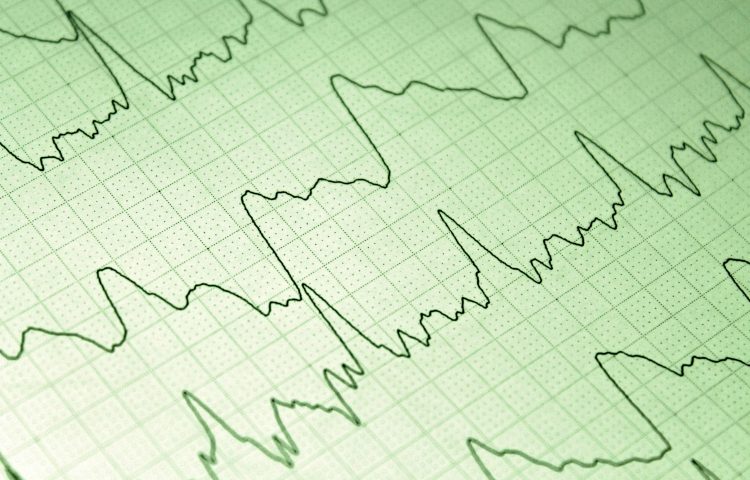
Project
Mobile Decision-Making for Doctors Without Internet
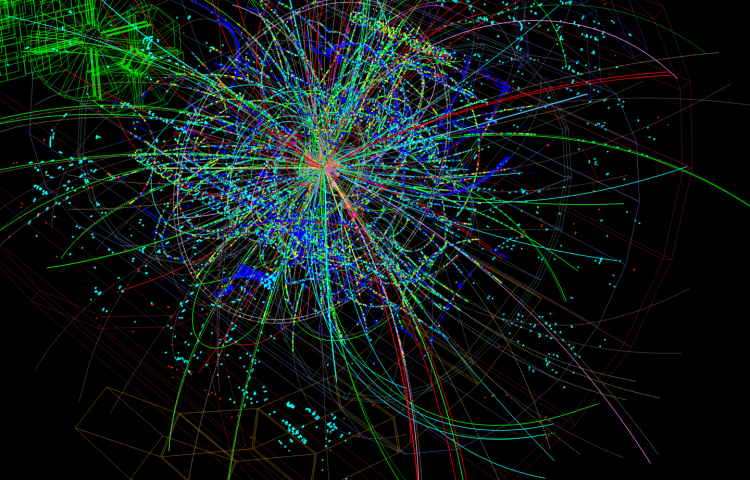
Project
N-body Networks for Jet Physics at the Energy Frontier
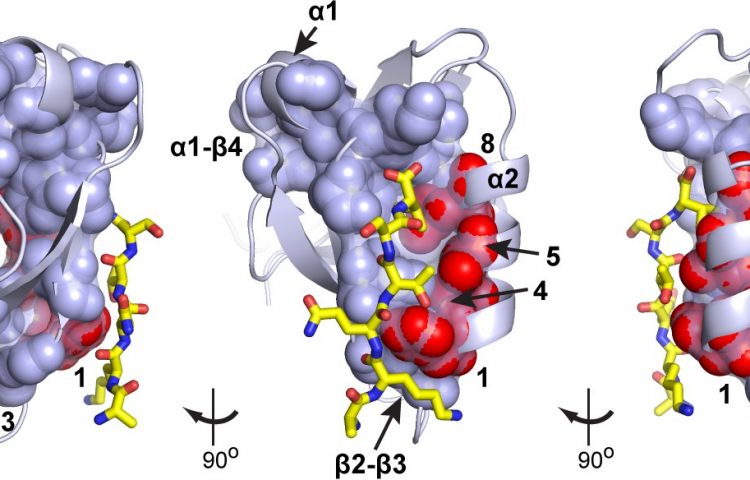
Project
Rational Protein Engineering using Data-Driven Generative Models
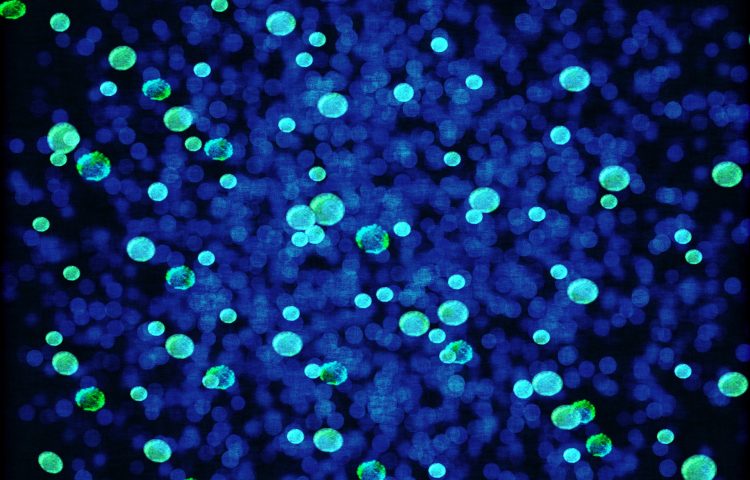
Project
The Role of Rapid Bacterial Evolution in Human Health and Disease
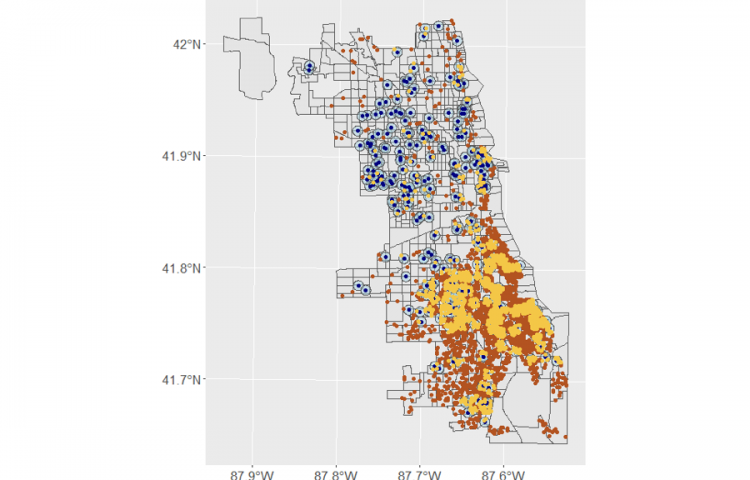
Project
Quantifying Social Determinants of Cardiovascular Disease
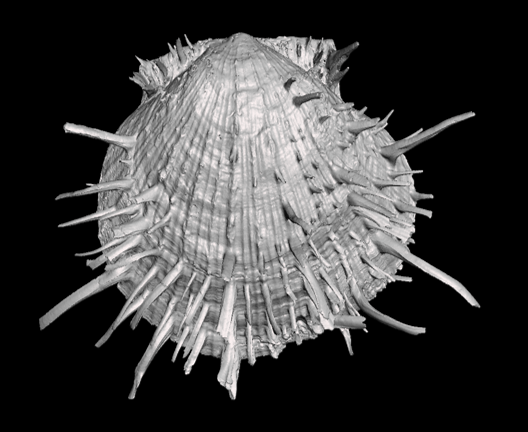
Discovery Grant